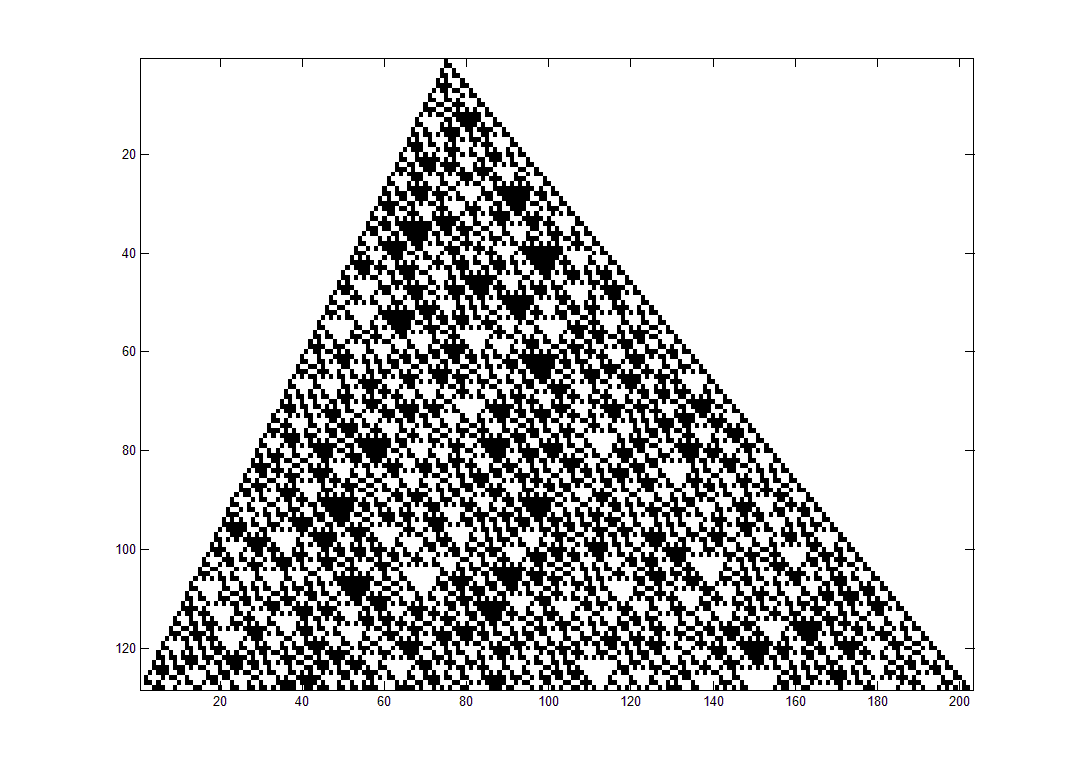Your vice-versa conjecture is effectively a conjecture in the spirit of the one of Erdős, and as Robert Israel said in the comments, there is no hope to prove such conjectures.
Since the work of Narkiewicz, who studied the problem raised by Erdős, and whose main result remains very far from the conjecture of Erdős (Narkiewicz, W., A note on a paper of H. Gupta concerning powers of two and three, Univ.
Beograd Publ. Elektrotehn. Fak. Ser. Mat. Fiz. No 678 – No 715 (1980), 173–174; MSN), very little has been done.
Therefore, I don't pretend to answer your question by proving the conjecture, but simply by raising some further considerations.
Some considerations on your vice-versa conjecture. Quite natural conjectural hypotheses on the coefficients of binary expansions of powers of three, allow to extend the vice-versa conjecture in various ways. Here's a few examples:
Conjecture 1. Except for $1,3,9,27,81,729,2187$ and $6561$ all powers of $3$ contain three consecutive powers of $2$ in their unique expression as a sum of distinct powers of $2$.
Conjecture 2. For $n>25$ all $n$-th powers of $3$ contains four consecutive powers of $2$ in their unique expression as a sum of distinct powers of $2$.
and more generally:
Conjecture 3. For every $M$, there exists $N$ such that for $n>N$ all $n$-th powers of $3$ contains $M$ consecutive powers of $2$ in their unique expression as a sum of distinct powers of $2$.
Conjecture 4. Let us define a "word" as a finite sequence of 0's and 1's. For every word $W$, there exists $N$ such that for $n>N$ all $n$-th powers of three contains the word $W$ in the binary expansion of $3^n$.

